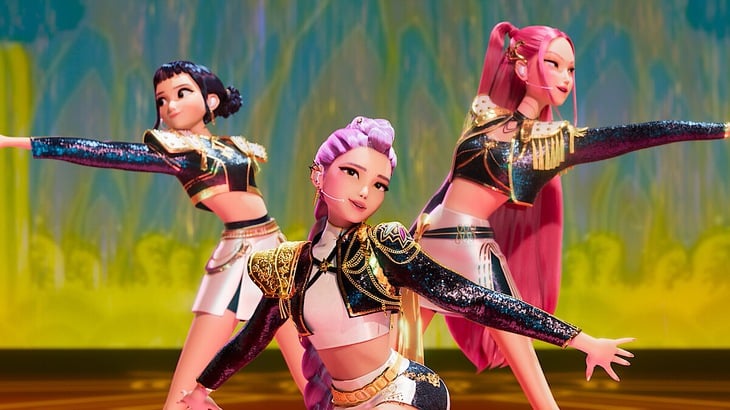
Rumi, Mira and Zoey have magic to save humanity from evil
So there's no reason why American filmmakers can't envision K-pop idols as demon hunters.
K-pop Demon Hunters, the Netflix animated film by Korean-American director Maggie Kang and animator Chris Appelhans, created Huntr/x, a three-member girl group.
Popular cultural heritage
Three girls, Rumi, Mira and Zoey, have magic to save humanity from evil, no different from childhood heroines like the space warriors in Sailor Moon or the teenage female spies in Totally Spies, except their ability lies in music.
People still say: K-pop is only for kids and teenagers.
But people also forget that K-pop has been around long enough that the kids and teenagers who were crazy about the early K-pop groups like BIGBANG, SNSD, EXO or before that HOT or Seo Taiji and the Boys are now all grown up, creators themselves, and it is their turn to tell the story of their generation, through the pop culture legacy that nurtured them, K-pop.
KPop Demon Hunters - Official Trailer - Netflix
Rumi, Mira, and Zoey sealed away the demons with their songs. And what are the demons in this movie? Nothing more than the fears, insecurities, anxieties, torments, and torments that everyone in the world has experienced. So the metaphor of three K-pop idols as demon-slaying heroes couldn't be more fitting.
Why do we listen to K-pop? To be entertained, to dispel sadness. Because K-pop is flashy but also very confident, showy but also very courageous. No one can deny that K-pop is a lot of fun.
Huntr/x's rivals are the Saja Boys, a boy band created by the demon king to compete with them.
If Saja Boys' music is very pop, very catchy, very easy to absorb but also very superficial, Huntr/x's music reveals weakness, wounds - a more honest, more heartfelt music.
The same goes for K-pop in the real world: idols aren't always molded dolls, their songs aren't always meaningless; K-pop is so popular because they also have works whose thoughts represent the thoughts of an entire generation.
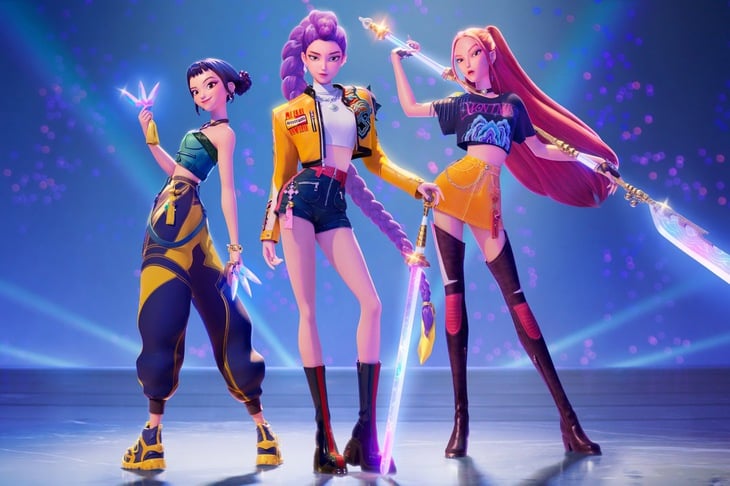
Rumi, Mira and Zoey seal the demon with their singing - Photo: Netflix
Don't worry K-pop is hurting music
The songs from the film, which swept the Billboard charts, are a clever blend of both K-pop style and familiar American animated film music traditions.
Still with the bouncy and clean rhythms, still the combination of hip-hop, R&B, and electronic familiar in the K-pop scene, but the most important songs in the film, like Golden, focus on revealing the soprano voice representing the image of princesses/heroines in Disney animated films.
The detail of the character Rumi, the band's lead singer, suddenly losing her voice before an important performance against the insidious forces of evil, reminds us of the mermaid. And just as the mermaid stands on the border between human and non-human, Rumi also stands on the border between demon and demon hunter.
The hybrid motif is not new in works about the hero's journey, from Hercules to Harry Potter, all of which have diverse origins.
And when that motif is so seamlessly incorporated into the story of a K-pop star, it makes us realize that even a genre of entertainment music that is often misunderstood, often considered unserious, often receives raised eyebrows from scholars like K-pop, it can also be the inspiration for stories with a very classical structure about maturity, about facing the greatest complexes to overcome oneself, unleash strength, and contribute to the world.
We don't have to worry about K-pop hurting music. But the fact that the two animated bands in the film have achieved some achievements that surpass BTS and Blackpink, should make us wonder if virtual bands (like AI) will one day surpass human bands?
Source: https://tuoitre.vn/k-pop-demon-hunters-khi-k-pop-bao-ve-vu-tru-2025071308561515.htm






![[Photo] Cat Ba - Green island paradise](/_next/image?url=https%3A%2F%2Fvphoto.vietnam.vn%2Fthumb%2F1200x675%2Fvietnam%2Fresource%2FIMAGE%2F2025%2F12%2F04%2F1764821844074_ndo_br_1-dcbthienduongxanh638-jpg.webp&w=3840&q=75)

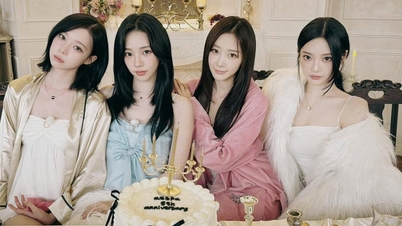
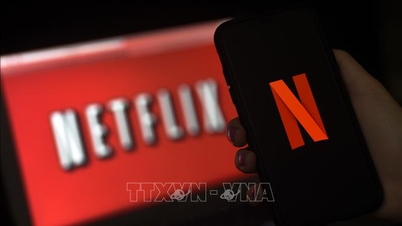

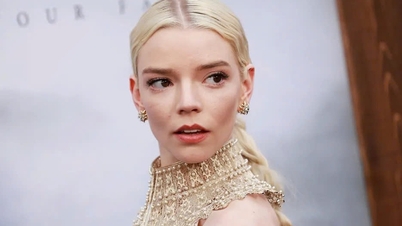
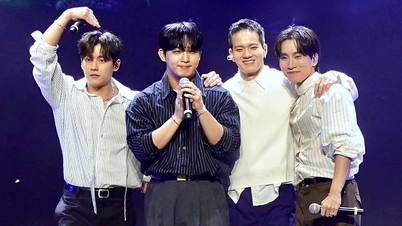
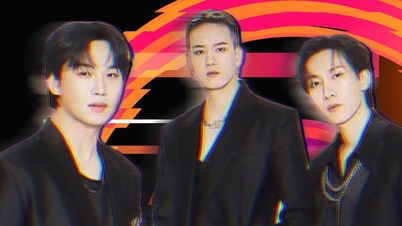
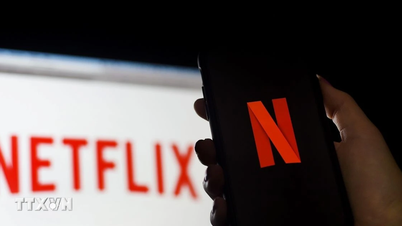

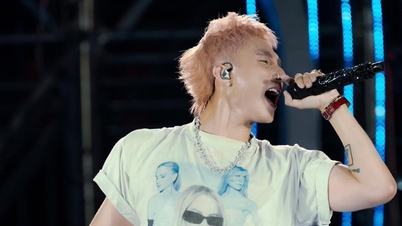


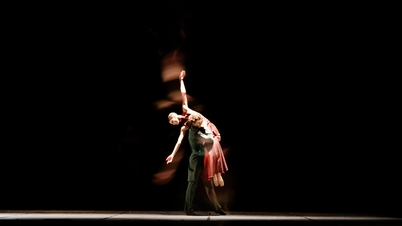

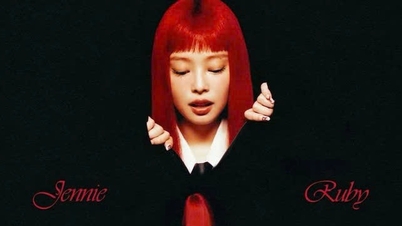


















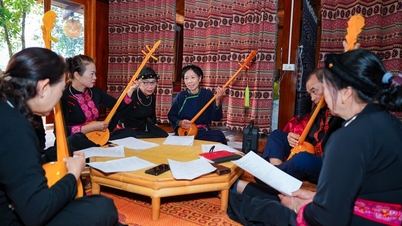












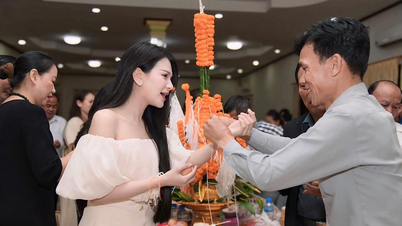



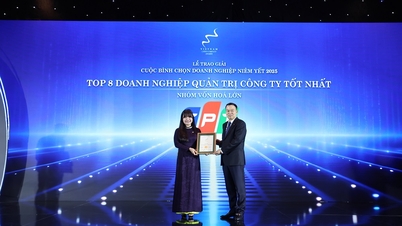



![[VIMC 40 days of lightning speed] Da Nang Port: Unity - Lightning speed - Breakthrough to the finish line](https://vphoto.vietnam.vn/thumb/402x226/vietnam/resource/IMAGE/2025/12/04/1764833540882_cdn_4-12-25.jpeg)
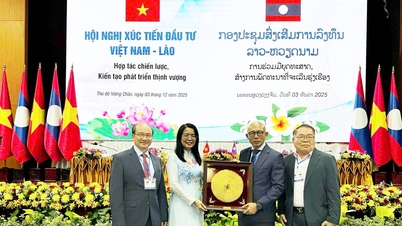








































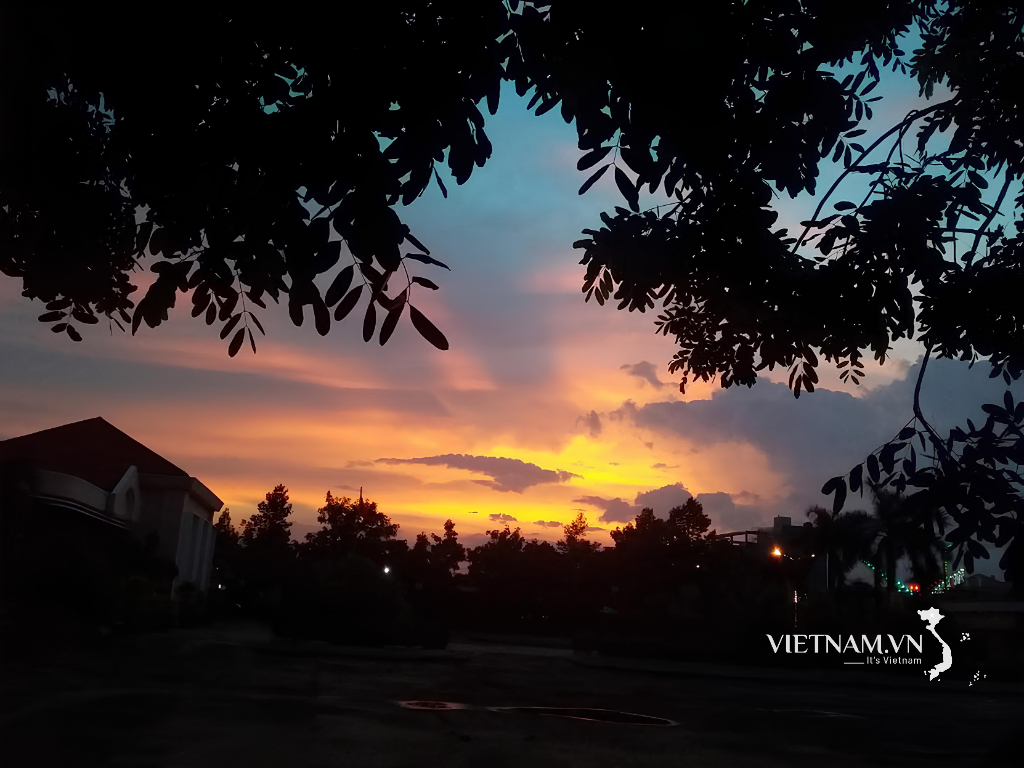



Comment (0)